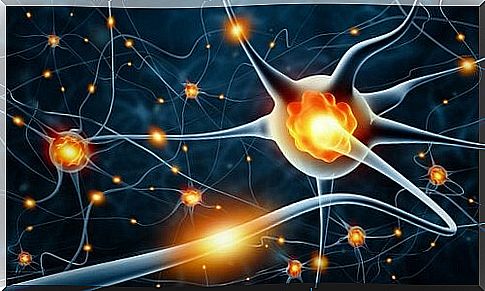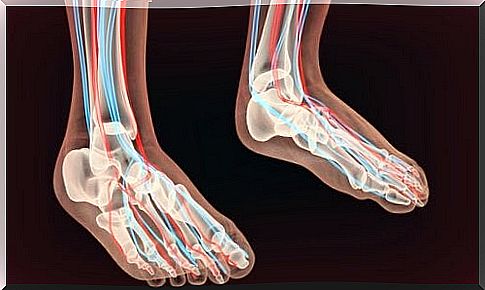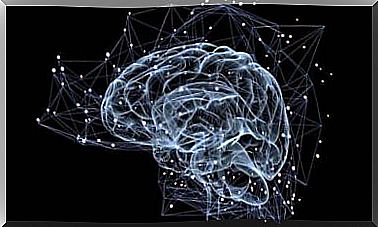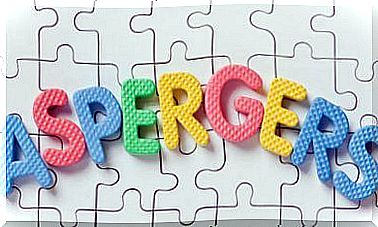Peripheral Neuropathy, What It Is

The peripheral nervous system (PNS) is the network of nerves found outside the central nervous system (formed by the brain and spinal cord). Its job is to transmit signals about physical sensations from the periphery to the brain. When these nerves malfunction, because they are damaged or destroyed, it is called peripheral neuropathy.
The PNS includes several nerves that have their own specific functions. The main ones are three, namely the sensory nerves (responsible for the transmission of sensations, such as pain and touch), the motor nerves (responsible for muscle control) and the autonomic nerves (responsible for regulating the automatic functions of the body, such as blood pressure and bladder function). The peripheral neuropathy may affect a group of nerves, or all three together.
However, when peripheral neuropathy occurs, the normal functioning of the nerves is disrupted. This reduces the chances that they can send pain signals when there is nothing causing it or, conversely, that they can no longer send a pain signal even if it was caused by an injury.
Traumatic nerve involvement can be due to an injury, systemic disease, infection, or hereditary disorder. In this article we will reveal everything you need to know about this pathology that affects the peripheral nervous system.

Symptoms of peripheral neuropathy
Symptoms of peripheral neuropathy vary depending on the type.
Sensory neuropathy
Sensory neuropathy can show the following symptoms:
- Tingling and numbness.
- Sensation of pins and needles and hypersensitivity.
- Increased pain or inability to feel pain.
- Loss of ability to detect temperature changes.
- Loss of coordination and proprioception.
- Burning or stabbing pain, which can get worse at night.
Sensory neuropathy can also cause foot and leg ulcers, infections, and gangrene.
Motor neuropathy
Motor neuropathy affects the muscles and shows the following symptoms:
- Muscle weakness, which causes instability and difficulty making small movements.
- Loss of muscle mass.
- Muscle spasms and cramps.
- Muscle paralysis.
If the autonomic nerves have been affected, there may be vegetative problems related to sweating, heat tolerance, bowel function, or bladder. In addition to changes in blood pressure, which can cause dizziness.
In either case, these symptoms can also indicate other conditions, so it’s crucial that you tell your doctor about any perceived symptoms.
Causes of peripheral neuropathy
Many types of neuropathy are idiopathic (of unknown cause), but there are several conditions that can trigger them: diabetes is one of them. This is the most common cause of chronic peripheral neuropathy, as high blood sugar levels damage the nerves.
Other potentially causative conditions and injuries include:
- Chronic kidney disease : If the kidneys are not functioning normally, the resulting imbalance of salts and chemicals can cause peripheral neuropathy.
- Musculoskeletal Injuries : Broken bones and tight casts can put pressure directly on the nerves and damage them.
- Infections : Herpes zoster, HIV infection, Lyme disease, and others can cause nerve damage.
- Guillain-Barré syndrome : a specific type of peripheral neuropathy triggered by a viral infection.
- Some autoimmune disorders : in particular rheumatoid arthritis and systemic lupus erythematosus.

Other causes that can lead to peripheral neuropathy could be:
- Excessive alcohol consumption.
- Certain treatments (such as chemotherapy and HIV treatment).
- Deficiency of some vitamins (such as vitamins B12, B1, B6 and E).
- Ingestion of poisons and toxins, such as insecticides and solvents.
- Certain types of cancer, including lymphoma and multiple myeloma.
- Diseases such as chronic liver disease.
Small blood vessel disorders can reduce blood supply to the nerves, causing nerve tissue damage. Neuromas (benign tumors that affect nerve tissue) can also cause neuropathic pain.
Treatment of peripheral neuropathy
Treatment for peripheral neuropathy depends on the symptoms and the underlying cause. Only some of these causes are treatable. For example, in the case of diabetes, symptoms of neuropathy can be improved by regulating blood sugar levels, quitting smoking, and reducing alcohol consumption.
Nerve pain can be treated with drugs, so-called “neuropathic pain agents”. Standard analgesics are often ineffective.
Other symptoms associated with peripheral neuropathy may require individual treatment. For example, treating muscle weakness may involve physiotherapy treatment and the use of walking aids.
Many people can be helped by transcutaneous electronic nerve stimulation. In this non-invasive drug-free therapy, electrodes are placed on the skin to transmit small electrical discharges. The goal of this treatment is to prevent nerves from transmitting painful signals to the brain by disrupting nerve flow with shocks.
On the other hand, it is interesting to note that many people have found relief from peripheral neuropathy through other alternative approaches such as chiropractic, acupuncture or massage. Meditation and yoga can be equally helpful in calming symptoms. Finally, exercising moderately but regularly can certainly help reduce this discomfort.








